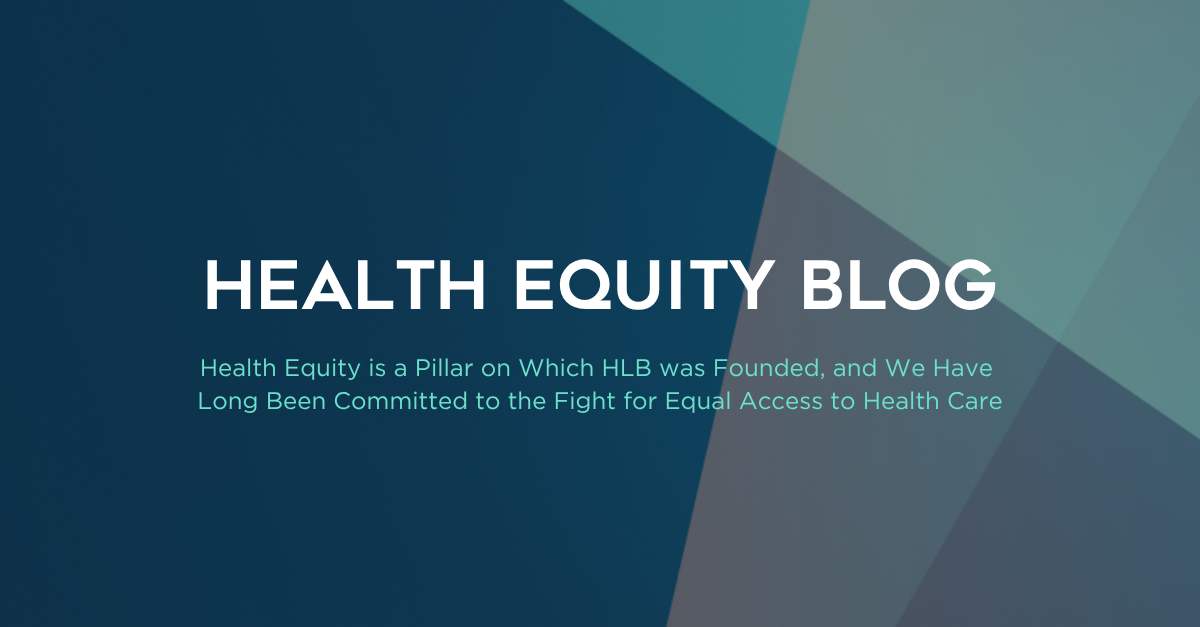
On behalf of the Hooper, Lundy & Bookman, PC Health Equity Task Force, here is our most recent HLB Health Equity Essentials:
VETERAN AFFAIRS PROPOSES REINSTATING NEARLY TOTAL EXCLUSION OF ABORTIONS AND ABORTION COUNSELING FROM HEALTH CARE BENEFITS
On August 4, the Department of Veterans Affairs (VA) published a proposed rule to reinstate its exclusion of nearly all abortions and abortion counseling from the scope of its “medical benefits package” for veterans and the Civilian Health and Medical Program of the Department of Veterans Affairs (CHAMPVA) benefits program beneficiaries (available to eligible family members, caregivers, and survivors of veterans). In 2022, the VA under the Biden Administration had narrowly loosened these exclusions, determining that abortions are also necessary and thus covered for veterans and CHAMPVA beneficiaries to protect health or in cases of rape or incest. The Proposed Rule would only allow for abortion, if necessary, in life threatening situations.
GENDER AFFIRMING CARE LITIGATION UPDATES
There have been several updates with litigation centered around gender affirming care. On August 1, sixteen states and D.C. filed a federal suit against the Trump administration for what the plaintiffs claim have been efforts to establish a “de facto” national ban on gender affirming care for adolescents. The plaintiffs’ complaint alleges numerous instances of concerted efforts, including criminal investigations and threatened prosecutions, by the Department of Justice (DOJ) and others arguably as a means by which to intimidate and instill fear among providers who might otherwise provide such services to their patients. Meanwhile, on August 6, the 10th Circuit Court of Appeals affirmed an Oklahoma Federal District Court’s decision denying the plaintiffs’ request to enjoin a state law that bans providers from providing gender affirming care to minors. Lastly, on August 8, several representative state prison transgender inmates filed a class action lawsuit in federal court against Georgia over a new law that bans them from receiving gender affirming care, claiming it is unconstitutional under the 8th Amendment’s prohibition of cruel and unusual punishment.
TRUMP EXECUTIVE ORDER TO REDUCE STREET CRIME TARGETS UNHOUSED INDIVIDUALS AFFLICTED WITH MENTAL ILLNESS OR SUD
On July 24, President Trump issued an executive order addressing homelessness, particularly for such individuals afflicted with mental health complications or substance use disorders (SUD), by shifting federal policy toward involuntary civil commitment, public safety, and treatment-based interventions, and away from a top priority of trying to get people living on the streets into appropriate housing. The order also directs several federal departments, including the Department of Health and Human Services (HHS), to evaluate federal grant programs and prioritize funding for states and municipalities that actively crack down on unlawful drug use, urban camping and loitering, and urban squatting “to the maximum extent permitted by law.”
DATA SHOWS IMMIGRANTS IMPORTANT SEGMENT OF RURAL WORKFORCE
In examining previously published research, the Kaiser Family Foundation issued a recent “data note” that analyzes if, and to what extent, immigrants contribute to the economy in U.S. rural areas. Although immigrant adults comprise only 5% of both the rural adult population and rural adult workforce, they hold a disproportionate share of certain occupations, such as agriculture workers (28%), physicians (14%), and construction workers (10%). Nonetheless, among them, noncitizen immigrant workers in rural areas are more likely to have lower incomes and be uninsured.
MASSACHUSETTS FEDERAL JUDGE BLOCKS OBBBA PROVISION BARRING MEDICAID FUNDING FOR ABORTION PROVIDERS RECEIVING $800,000 OR MORE IN MEDICAID FUNDS
The One Big Beautiful Bill Act, signed into law on July 4, included a section that bars federal Medicaid funds from being “used to make payments” to a “prohibited entity” for items and services furnished during the year following enactment of the Act. The definition of “prohibited entity” is a non-profit entity that meets certain criteria including providing abortions (other than in the case or rape or incest or where the women’s life is in danger) and has received more than $800,000 in Medicaid reimbursements in 2023. Medicaid beneficiaries were barred from coverage with a health care provider that also provides abortion services. Although the bill did not specifically name Planned Parenthood, the narrowly defined provision is widely viewed as an attempt to defund Planned Parenthood. On July 28, a Federal District Court judge in Massachusetts issued a preliminary injunction that stops enforcement of the funding ban against Planned Parenthood and any affiliates. In issuing the order, the court reasoned that Planned Parenthood demonstrated a “substantial likelihood” that the legislation’s exclusionary language that was targeted at Planned Parenthood was unconstitutional and “threatens an increase in unintended pregnancies and attendant complications because of reduced access to effective contraceptives, and an increase in undiagnosed and untreated STIs.” The administration has appealed the ruling and also sought to stay the preliminary injunction pending the appeal.
Professional
Brought to you by Sandi Krul, Alicia Macklin, and Monica Massaro.



